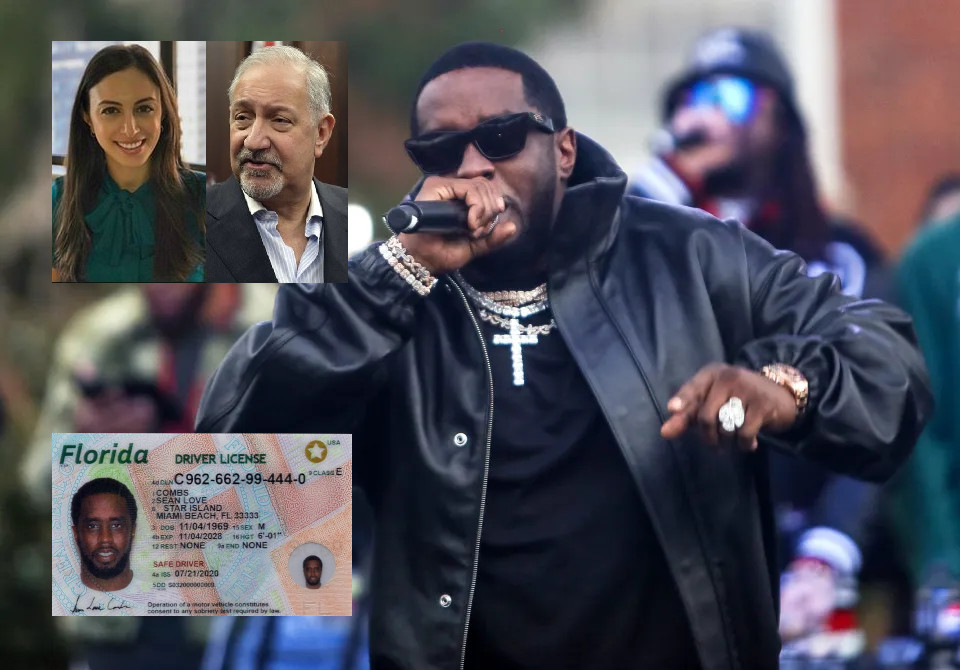Brian Steel's Courtroom Drama: Young Thug's Lawyer's Contempt & Georgia Supreme Court Ruling
Can a lawyers unwavering commitment to his client lead to his own imprisonment? In the high-stakes world of criminal defense, the recent case of Brian Steel, representing rapper Young Thug, has brought this question to the forefront, highlighting the delicate balance between legal ethics, client confidentiality, and the potential consequences of standing firm in the face of judicial pressure.
The courtroom drama, unfolding in Fulton County, Atlanta, Georgia, has captured the attention of legal experts and the public alike. At the heart of the matter is the ongoing YSL RICO trial, a complex racketeering case involving Young Thug, whose real name is Jeffery Williams, and numerous co-defendants. Brian Steel, a seasoned criminal defense lawyer, found himself in the crosshairs of the legal system when he refused to reveal the source of information he had obtained, information that Judge Ural Glanville deemed crucial to the proceedings.
On Monday, June 10, the tension reached a boiling point. Following an "intense exchange" with Judge Glanville, Steel was taken into custody and sentenced to 20 days in jail for contempt of court. This dramatic turn of events has sparked a debate about the limits of attorney-client privilege, the right to a fair trial, and the lengths to which a lawyer should go to protect their client's interests. The fact that Steel requested to serve his jail time alongside his client, Young Thug, further underscores his dedication and commitment to the rapper's defense.
The Georgia Supreme Court, however, intervened, granting Steel's emergency motion for bond and reversing the lower court's order of contempt. This decision provided temporary relief for the attorney and a pivotal moment in the ongoing saga. This decision, however, has not erased the controversy surrounding the case. Kodak Black's lawyer publicly defended Steel, stating he is "a real one," while some legal professionals have expressed concern about the implications of the initial ruling on the ability of defense lawyers to vigorously represent their clients.
| Category | Details |
|---|---|
| Full Name | Brian Steel |
| Profession | Criminal Defense Lawyer |
| Law Firm | The Steel Law Firm |
| Areas of Practice | Criminal Defense, Appellate Advocacy |
| Notable Cases | Representing Young Thug (Jeffery Williams) in the YSL RICO trial, cases involving high-profile clients. |
| Recognitions | Fellow, American College of Trial Lawyers; Fellow, American Board of Criminal Lawyers; Listed in Billboard's Top Music Lawyers (2023); Recognized as a Legal Elite among Criminal Defense since 2003. |
| Education | Information not available in provided content. |
| Experience | Practicing criminal defense since 1991, building a national practice in state and federal courts. |
| Known For | Zealous advocacy, exhaustive preparation, and skillful appellate advocacy. |
| Associated With | Young Thug, Javaris Crittenton, and other high-profile individuals. |
| Website (Reference) | The Steel Law Firm Official Website |
Steels career, spanning over three decades, is a testament to his dedication and commitment to justice. Since 1991, he has tirelessly defended those accused of criminal misconduct, building a national criminal defense practice grounded in meticulous preparation, innovative legal strategies, and a fierce presence in the courtroom. His firm proudly calls him Georgias most successful criminal appellate attorney, noting his over 200 published opinions and approximately 40 reversals to his credit.
Steels involvement in the YSL RICO trial is not his first foray into high-profile cases. He has represented numerous high-profile clients throughout his career, and he served as the lead defense attorney for Jeffery Williams in what became the longest trial in the history of the state of Georgia, lasting over 22 months. He has also represented NBA player Javaris Crittenton and was mentioned in a Drake song, after representing Young Thug. His name has become synonymous with relentless advocacy and a willingness to challenge the status quo.
The events surrounding Steels contempt conviction and subsequent release highlight the inherent conflicts that can arise in the legal system. His refusal to reveal his source, despite the risk of jail time, underscores his belief in the importance of protecting attorney-client privilege. This privilege is a cornerstone of the American legal system, designed to encourage open and honest communication between lawyers and their clients.
The case raises questions about the extent to which a judge can compel an attorney to disclose confidential information. Some legal experts argue that such actions can have a chilling effect on the attorney-client relationship, potentially discouraging clients from being forthcoming with their lawyers. This, in turn, could undermine the ability of defendants to receive a fair trial.
However, the court's perspective is that it is also tasked with upholding the integrity of the legal process. Judge Glanville, in finding Steel in contempt, likely believed that the information sought was crucial to the case and that Steel's refusal to cooperate was obstructing justice. The judge's sentencing of Steel to a total of 20 days of jail time further emphasizes the gravity of the situation.
The Supreme Court of Georgia's reversal of the contempt order offers a degree of vindication for Steel, recognizing his commitment to his client's rights. The courts decision allows Steel to remain free while the case continues to unfold. The situation however continues to be fluid. Steels willingness to face jail time rather than reveal his source speaks volumes about his character and his commitment to the profession. Yet, the incident also casts a harsh light on the pressures and challenges faced by defense attorneys in high-stakes criminal trials.
The legal community is still divided, with many questioning the precedent set. Some argue that it sends a message of intimidation to defense lawyers, potentially making them hesitant to zealously advocate for their clients. Others argue that it reinforces the need for lawyers to comply with court orders and to assist in the pursuit of justice.
The trial has become more than just a legal battle; its a narrative of the lengths to which a lawyer is willing to go to defend a client. The implications of the YSL RICO case, and Steels role in it, are far-reaching. The case could potentially impact how future trials are conducted and how attorney-client privilege is viewed.
For Young Thug, the legal proceedings continue. The rapper, whose real name is Jeffery Williams, faces multiple criminal charges under Georgia's RICO Act. The details of the charges and the evidence presented are still being debated in court. Steels defense of Thug and his willingness to go to such lengths to protect his sources and his client, make this case a symbol of devotion. The long-term impact of the case will continue to unfold in the coming months as the YSL RICO trial continues.
The story of Brian Steel is a complex one, filled with legal maneuverings, ethical dilemmas, and the unwavering loyalty of a defense attorney. Regardless of the outcome of the YSL RICO trial, Steel's actions have sparked a crucial conversation about the role of lawyers in the American justice system and the importance of safeguarding the rights of the accused. His actions continue to be debated, and his reputation as a fearless defender of his clients is firmly cemented.

